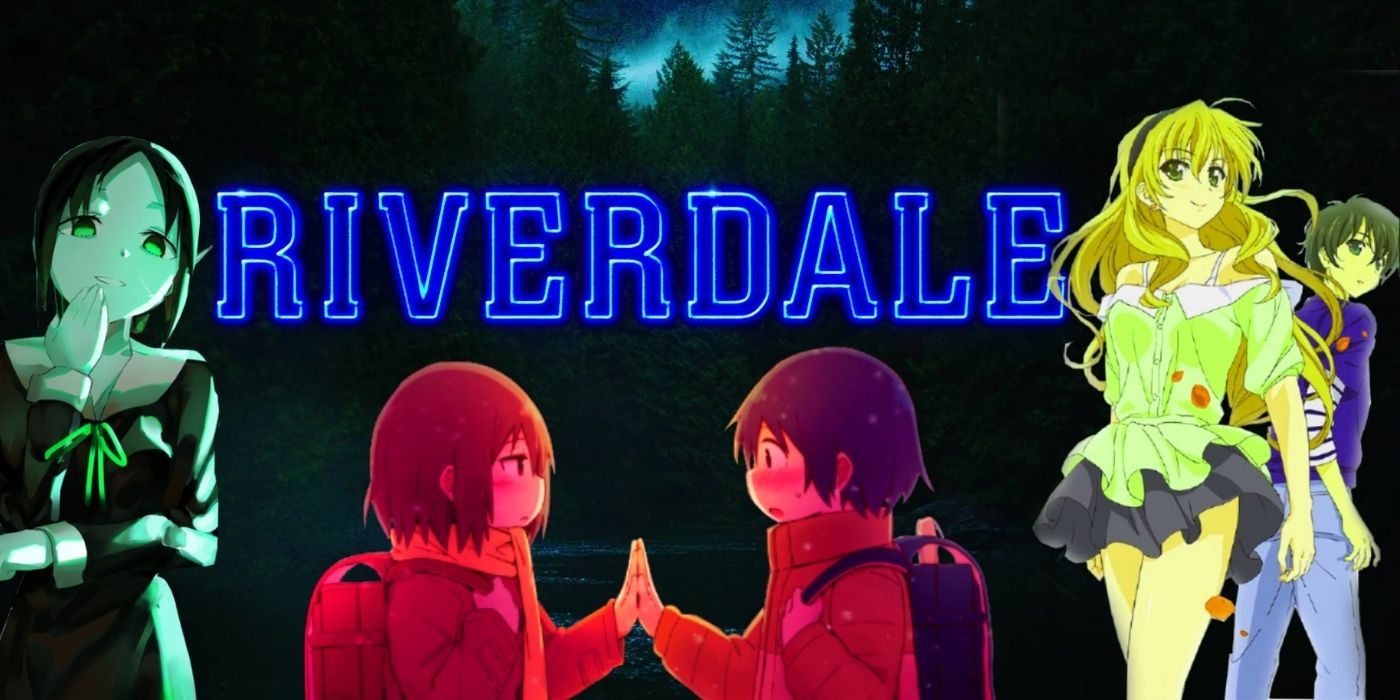
A modern reimagining of the long-running Archie comic book universe, the CW's Riverdale is a show that thrives on melodrama. This isn't a criticism, but a fact. In Riverdale, human interactions are turned up to eleven and if something ridiculous and life-changing can happen, it probably will. Murder, gang violence, anachronistic costuming, possibly even witchcraft: Riverdale cares less about genre and more about entertainment.
While Riverdale doesn't contain explicitly supernatural elements, the show is certainly, undeniably weird. Maple syrup cults, framing numerous characters for homicide, ominous time jumps, and even inappropriate relationships among family members is all par for the course. Anyone seeking a similar fix in their anime watchlist won't have to look far.
10 Golden Time
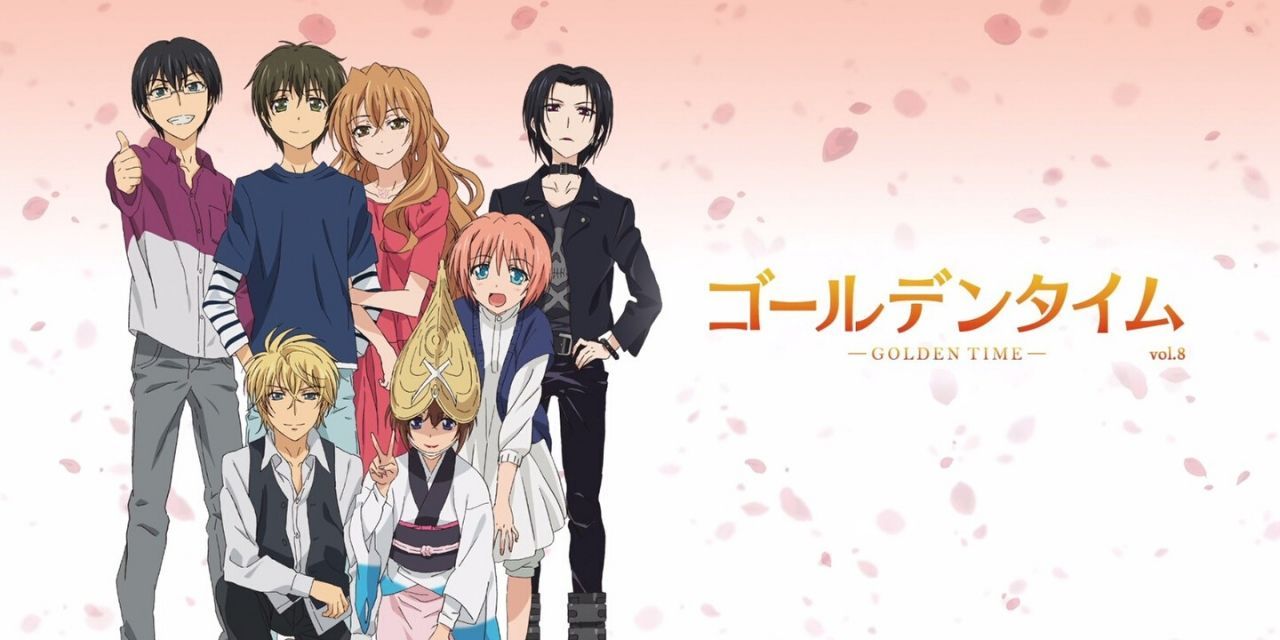
Golden Time's anime adaptation was initially dismissed by audiences. There are few directors as actively disliked as Chiaki Kon in the anime community, and, indeed, her character design is often lacking. But anyone who stuck around until episode five of Golden Time witnessed one of the best twists in anime history.
Spoilers will be avoided here, but the show goes from seemingly vapid college rom-com to a deeply disturbing story about personal loss and trauma in a single episode. Thereafter, the show is full to the brim with drama and pathos. Highly recommended to anyone coping with mental illness and looking for representation.
9 Kaguya-Sama: Love Is War
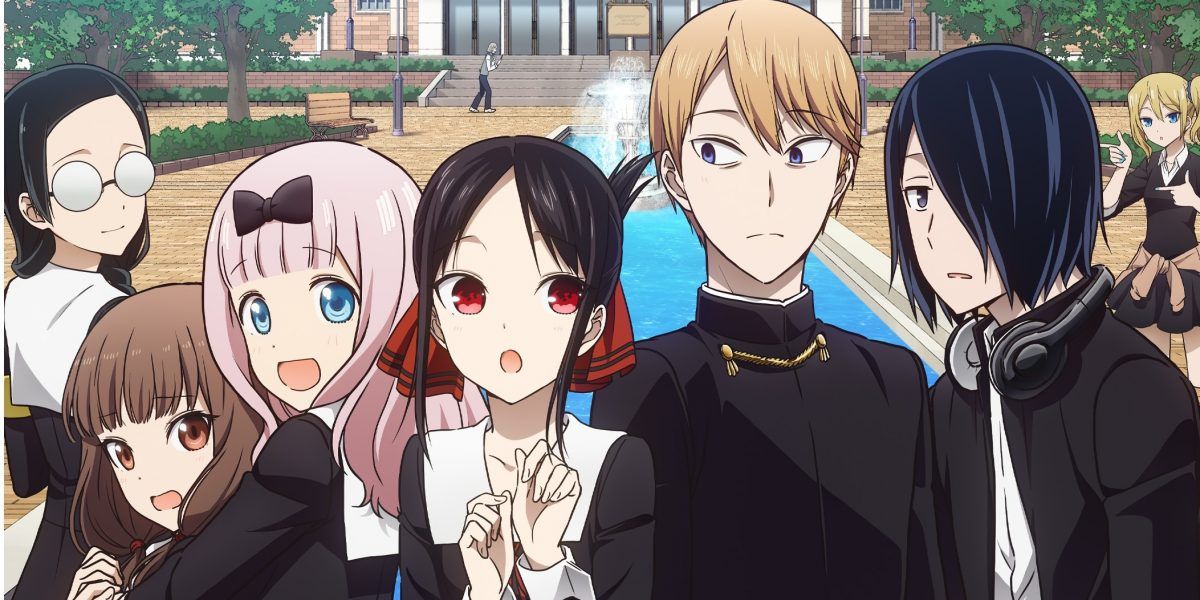
At times, Riverdale can be genuinely funny. Characters like Cheryl and Veronica, when written well, have whip-sharp tongues and enough sass to fill an ocean. Anyone looking for overwrought character interaction with a large dose of humor should look no further than the 2019 hit Kaguya-Sama: Love Is War.
While the two lead characters should obviously be dating, both are too proud to concede to the other and exert the bulk of their energy trying to con the other into asking them out first. In lesser hands, this premise would grow stale quickly, but Kaguya-Sama is written with a great deal of wit and charm.
8 Kokoro Connect
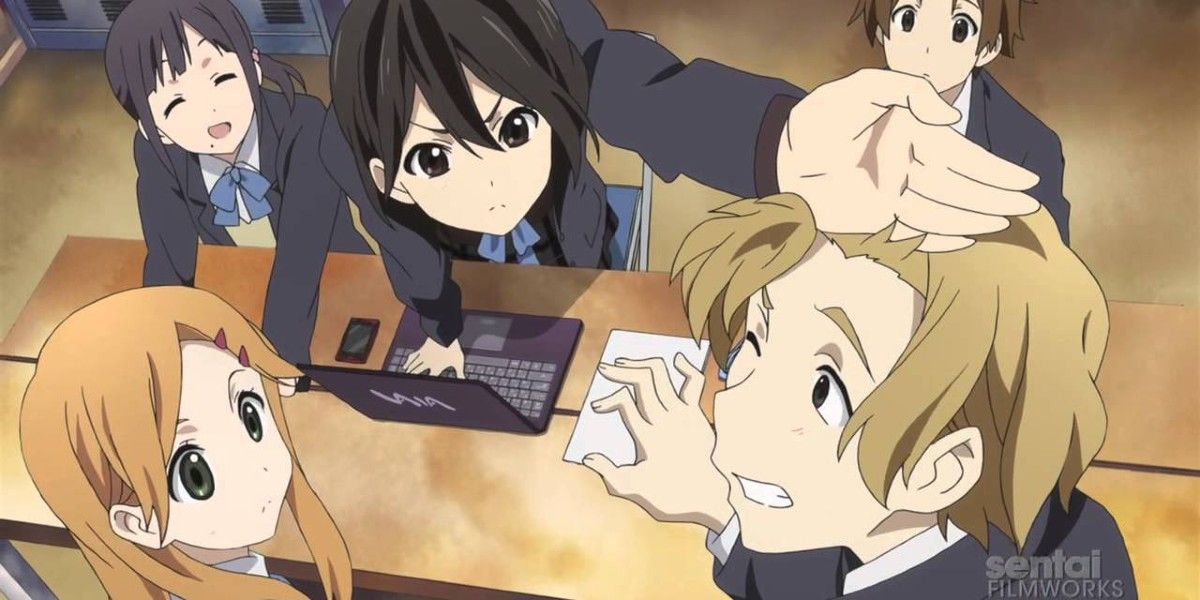
It's a well-worn trope in multiple forms of media: The body-swap. Kokoro Connect does contain explicitly supernatural elements, but the parallels with Riverdale run deeper. Kokoro focuses on a group of high schoolers who switch bodies with one another without warning, learning more about each other than they otherwise could have.
In most series, only the audience is privy to secrets and the homelives of all the characters. But the central conceit of Kokoro Connect allows the friends to witness more of each other's lives, for better or for worse.
7 Nagi No Asukara
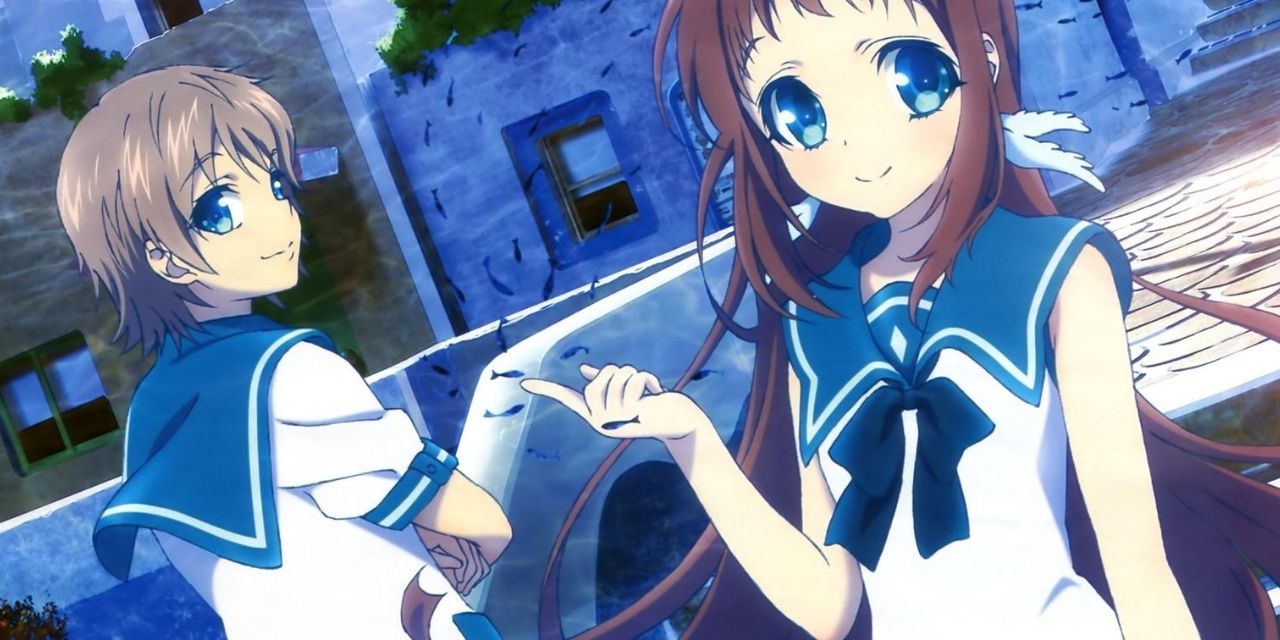
Southside, Jughead's turf in Riverdale, is obviously the rough part of town. Such clear divides in small-town communities are all too real, but what if the other side of the tracks was instead the bottom of the sea?
In Nagi No Asukara, merpeople have to transfer to public school onshore due to the decline of their population and the closing of their own school. Significant romance and drama ensue between the people of the land and the people of the sea. The series is certainly melodramatic, but often a touching commentary on both seaside life and adolescence.
6 Another
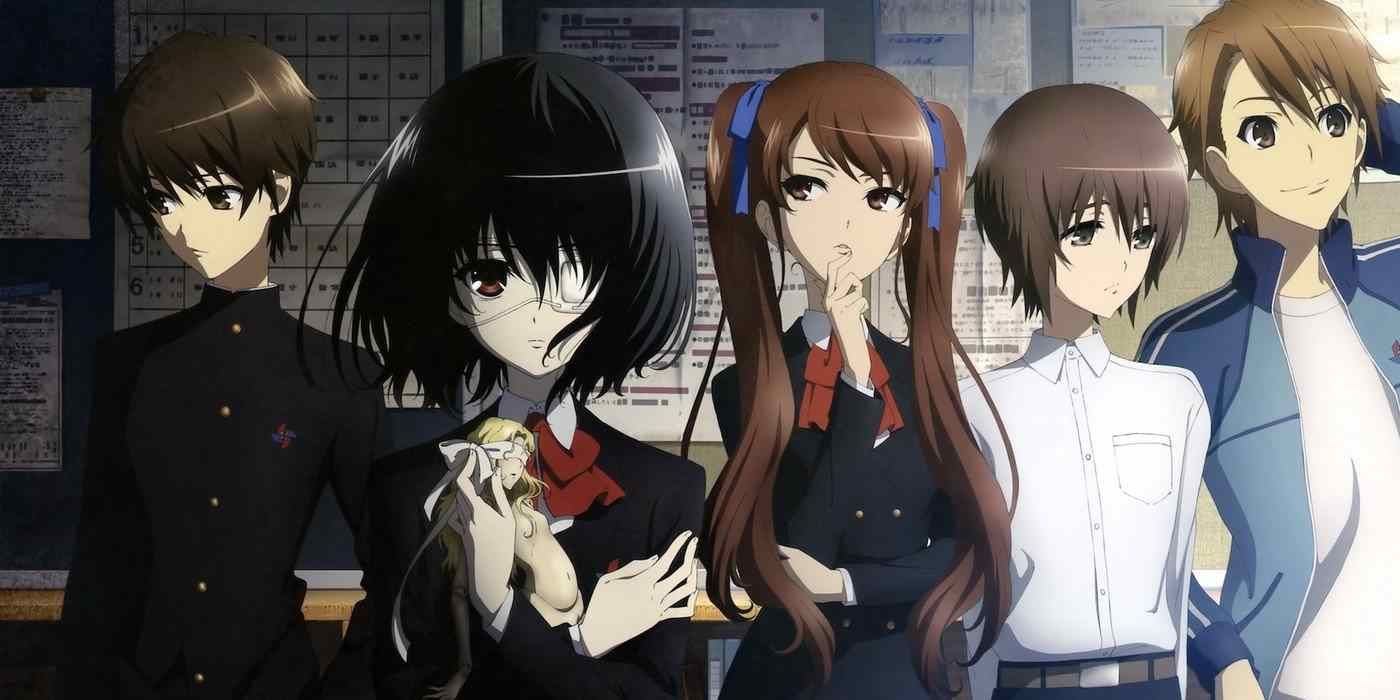
On Riverdale, the death count is ridiculously high even for the CW. If Riverdale High was a real place, there'd be a lot more students transferring out— or there'd be no students left at this point.
Anyone looking for a similar casualty rate in their high school drama should watch Another. A horror series with great character development and every imaginable genre trope from creepy dolls to classmates that don't exist, Another remains the high standard of high school horror anime.
5 Durarara!
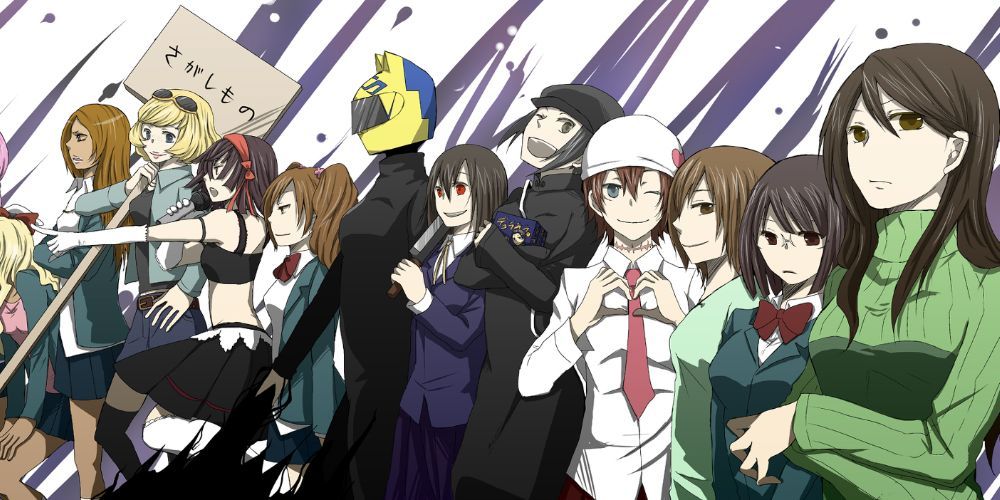
Street gangs. Murders in alleyways. Badass female characters. Questionable cults. A young man in a silly jacket who's up to no good. These descriptions accurately fit both Riverdale and Durarara!, the latter a series which became a breakout hit in 2011.
As in Riverdale, on the surface the main characters of Durarara appear to live mostly mundane lives in Ikebukuro, but as the series progresses the idea of "normal" is thrown out the window alongside a vending machine. In both series, fans can expect to be surprised and entertained.
4 Erased
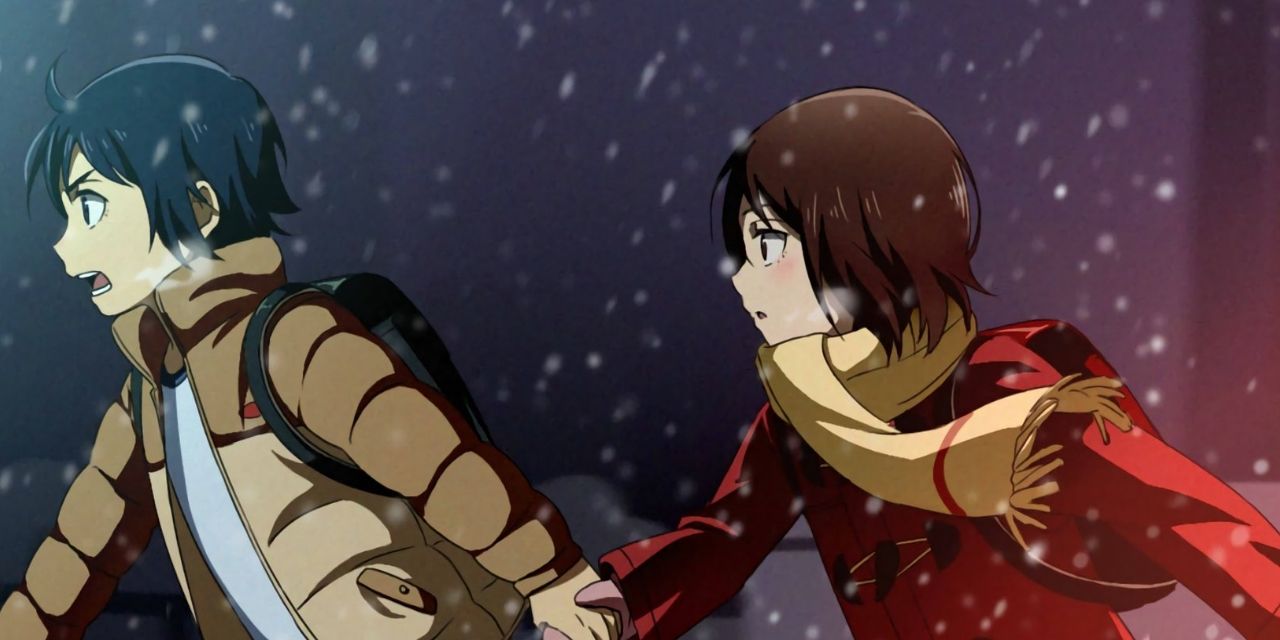
Erased is a miserably dark series at times. Initially a compelling exploration of childhood memories, many fans were disappointed by the predictability of plot elements in the latter half of the series. Even so or perhaps because it leans so hard on cliches, Erased is the ideal show for Archieverse acolytes.
When Satoru Fujinuma is transported back into his childhood body, he attempts to save a young girl from an untimely kidnapping and demise.
3 Fruits Basket
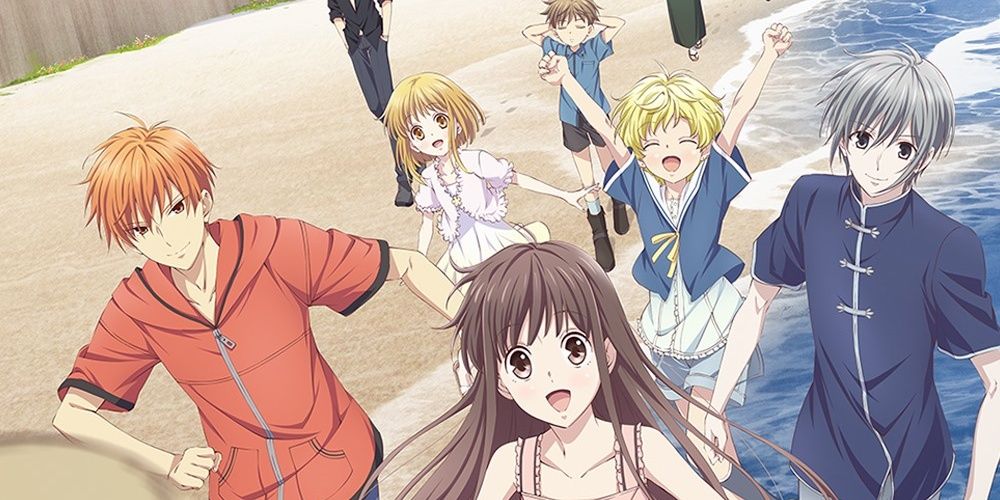
Putting Fruits Basket in the company of other melodramatic anime might not be fair to the series, but the elements of Riverdale allure are all here. Anyone dismissing Fruits Basket as shoujo fluff clearly hasn't watched the modern iteration of the show or read the hugely popular manga.
The Sohma family is cursed not only with the tendency to transform into zodiac animals, but also with a deeply cruel patriarch who dictates their lives. These characters have endured painful cycles of abuse that generations of family members have condoned. The show is in fact about escaping the shackles of an abusive family, and how the friendship of one empathetic heroine may save them all.
2 Toradora
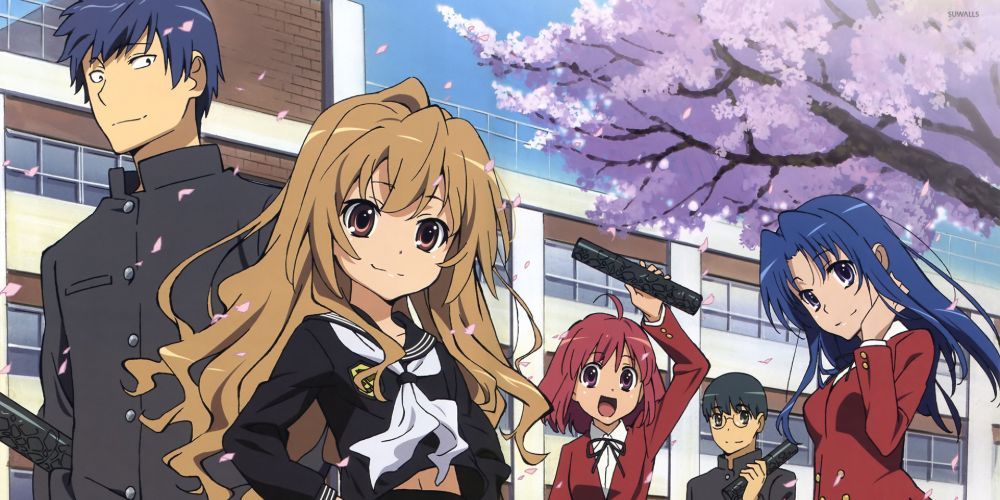
An undisputed modern classic in the rom-com genre, Toradora's not without its share of drama. Ryuji Takasu is gentle-hearted, but his scowling appearance frightens his classmates. Taiga Aisaka is outwardly adorable but perceived as short-tempered by others.
As in Riverdale, characters are often defined by others based on their appearance or perceived notions of personality, rather than by their actual merits.
1 Charlotte
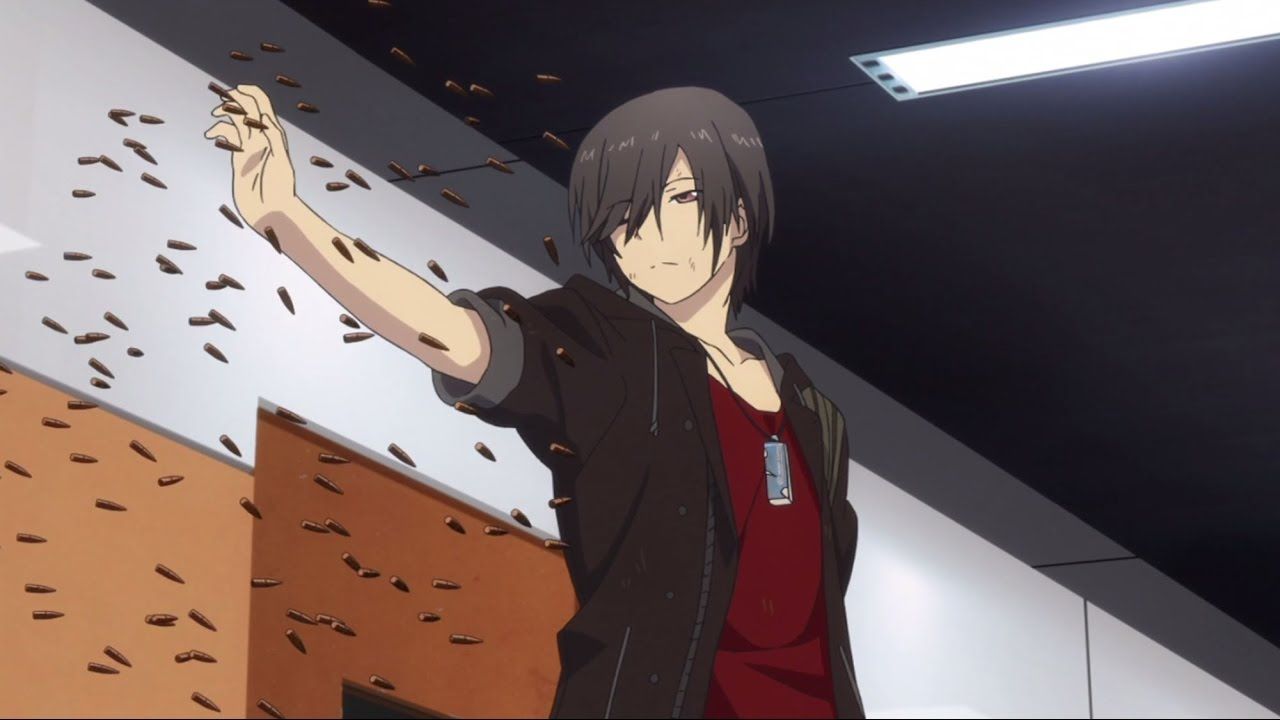
In Jun Maeda's Charlotte, children exposed to the dust from a comet develop supernatural abilities as they reach adolescence. What initially seems to plant the seeds of fun character interactions— a pop singer who can commune with the dead, a boy with superhuman speed, body-swapping, and invisibility— becomes incredibly bleak when the protagonist's sister dies because of her supernatural ability.
Riverdale is, at its best, a decent coming of age story often hampered by melodrama. But in those moments when all those story elements are balanced, the series, like Charlotte, can rise above the confines of its premise and become a genuine commentary on loss and life.
0 Comments